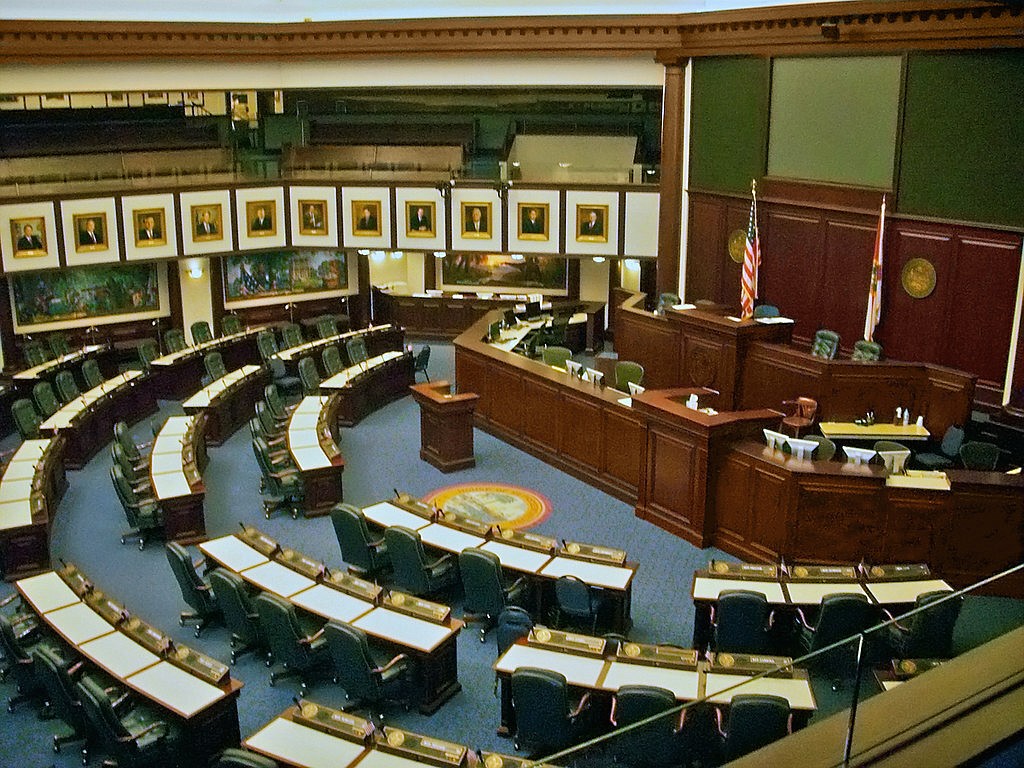- April 3, 2025
-
-
Loading

Loading

Much has been said, and debated, about the National Association of Insurance Commissioner reports stating Florida's national market share of residential property insurance litigation.
Using 2019 data, in combination with a market conduct survey, the first observation indicated that Florida's 74,210 lawsuits represented a 76.45% market share. When Florida's Commissioner David Altmaier cited this metric in his April 2, 2021 letter to Florida's House, the subsequent reactions were illuminating. Until the recent Special Session in May, little urgency addressing these statistics emerged. (Notable exceptions conveying needed urgency included Florida Sen. Jeff Brandes, R-St. Petersburg, Sen. Jim Boyd, R-Bradenton, Demotech's Joe Petrelli, Citizens Property Insurance Company CEO Barry Gilway and Commissioner David Altmaier.)
In the first quarter of 2022, Florida's updated national share of residential property insurance litigation was quoted as 80.20%, based on year end 2020 figures published by the Insurance Information Institute and reported by NPR. Florida's residential insurance litigation grew by 29.5% throughout 2020, resulting in 95,872 lawsuits. In the wake of reform measure SB 76 in July 2021, hampered by limited implementation, lawsuits grew by 12.9% in 2021, to 107,585.
In other words, 2021 ended with Florida holding an 81.25% national share of residential property insurance litigation despite Florida possessing but 9% of the nation's unresolved residential property insurance claims.
The remarkable and unsettling nature of these metrics presents a compelling case for a deeper examination in order to begin addressing questions such as, what does a national share exceeding 80% really mean? How could these circumstances have come to pass? How can the economic impact of such litigation be quantified? Finally, if Florida as a single state holds an 81.25% national share, and 49 other states hold the remaining 18.75%, how many of Florida's claim disputes are potentially manufactured or manipulated?
Florida's Department of Financial Services has three data collection mechanisms designed to capture and report on Florida's insurance litigation activity, covering all lines of insurance. Without question Florida has the most transparent and comprehensive insurance litigation reporting systems in the country. This means national examination is challenged by the lack of equivalent capabilities among the remaining 49 states. However, what if this 81.25%/18.75% split is combined with other established market share statistics? Might clarity emerge relevant to developing real solutions? In order to begin, what is known?
In summary, state-based premium and paid loss measures are converted into market share metrics. These market share statistics are then applied to the 18.8% share of residential insurance lawsuits using the aggregated case count of 24,487. The results hold significant implications worthy of consideration by legislators, insurers, regulators, reinsurers and insurance investors nationwide.
Guy Fraker is the founder and lead consultant for Cre8futures LLC. An established thought leader in the insurance industry, he has analyzed insurance marketplaces worldwide, including Florida's residential property insurance marketplace and a review of cost drivers in Tampa's residential property insurance market. This was adapted from his July column in the The Demotech Difference, a publication from insurance ratings firm Demotech.